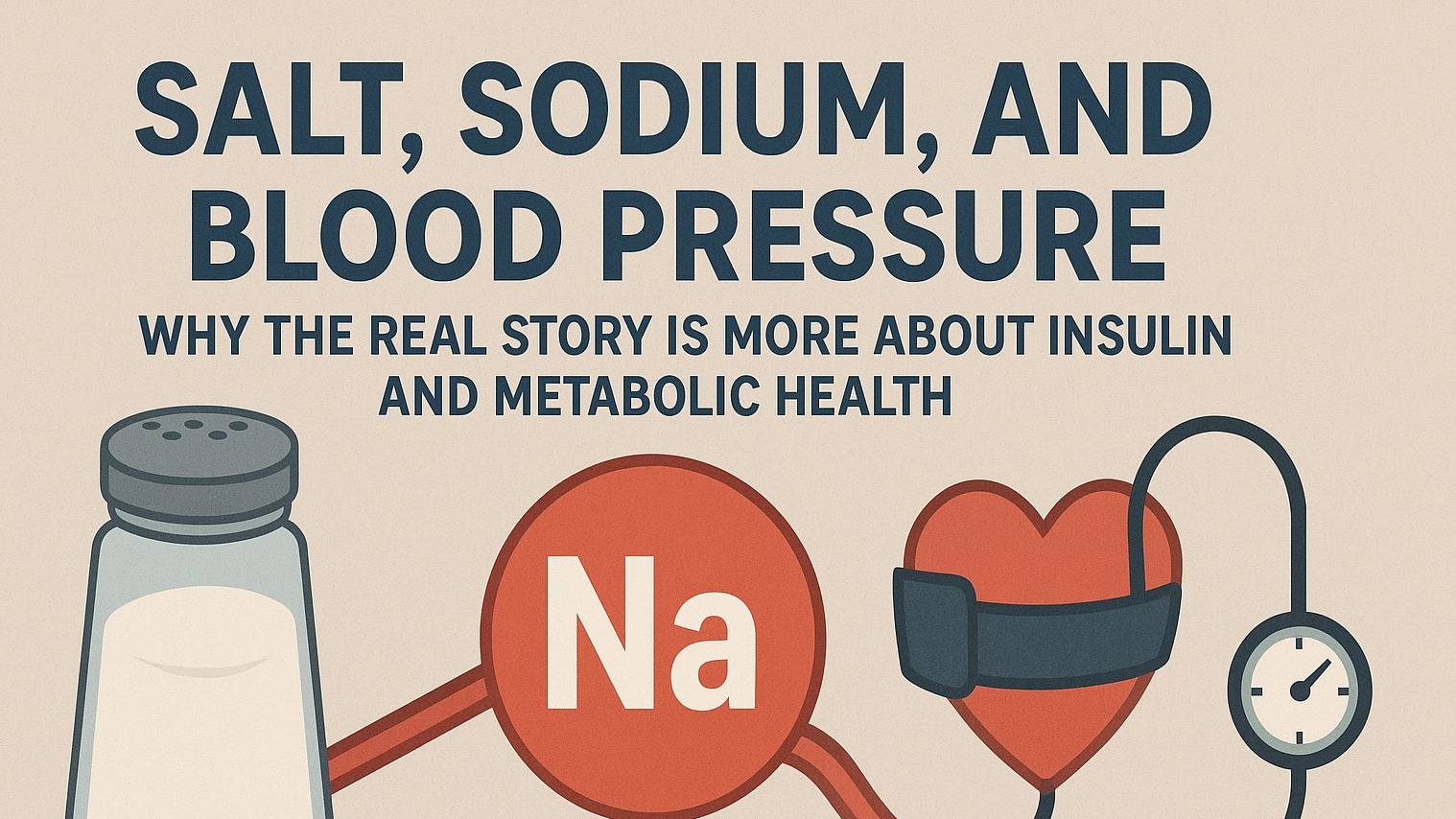
Introduction
The immune system is our body’s first line of defense against infections, viruses, and harmful pathogens. However, emerging research shows that as we age, the immune system itself can begin to contribute to the aging process—a phenomenon often referred to as "immunosenescence." This concept highlights the immune system's potential role in accelerating cellular aging, leading to a decline in health and increased susceptibility to diseases. In this article, we’ll explore why the immune system might be aging us, what double-blind studies reveal about this process, and science-backed strategies to potentially slow down immune-related aging.
Immunosenescence: How the Immune System Ages Us
As we age, the immune system undergoes changes that make it less effective at responding to infections and repairing tissue damage. These changes are part of a complex aging process known as immunosenescence, which involves an accumulation of dysfunctional immune cells, chronic low-grade inflammation (inflammaging), and a decrease in immune response.
Several double-blind studies have investigated the mechanisms and effects of immunosenescence on cellular aging, highlighting two main ways that immune system aging affects the body:

Chronic Inflammation
Chronic low-grade inflammation, often called "inflammaging," is a significant factor in immune system aging. A study published in Nature involving a double-blind approach with control and experimental groups found that individuals with higher levels of inflammatory cytokines, such as IL-6 and TNF-α, showed increased cellular aging markers like telomere shortening and mitochondrial dysfunction.T-Cell Dysfunction and Exhaustion
Another hallmark of immune aging is T-cell exhaustion, where T-cells become less effective at recognizing and fighting pathogens. In a double-blind study published in The Journal of Immunology, researchers administered an intervention targeting T-cell functionality. The study concluded that restoring T-cell function could reduce cellular markers associated with aging, suggesting that T-cell exhaustion directly contributes to biological aging and chronic diseases.
Why Does the Immune System Age Us?
Research highlights a few primary reasons why an aging immune system contributes to overall biological aging:
Telomere Shortening in Immune Cells: Each time an immune cell divides, telomeres—protective caps at the ends of chromosomes—shorten. When telomeres become too short, cells enter senescence, releasing pro-inflammatory signals.
Accumulation of Senescent Cells: Senescent immune cells accumulate with age, producing pro-inflammatory cytokines, which contribute to inflammaging. These signals can also accelerate aging in other tissues.
Increased Oxidative Stress: Reactive oxygen species (ROS) are byproducts of immune responses that can cause oxidative damage. High ROS levels accelerate cellular aging in immune cells and neighboring tissues.
Evidence-Based Strategies to Slow Immune Aging
Nutritional Interventions: The Role of Polyphenols and Antioxidants
Several double-blind studies have confirmed the anti-aging effects of polyphenols, especially in reducing inflammation and oxidative stress. In a study published in Cell Reports, participants taking a polyphenol supplement showed reduced inflammatory markers and improved immune cell function. Antioxidant-rich foods, such as berries, green tea, and dark chocolate, contain polyphenols that can help slow immune aging.Exercise for Immune Resilience
Moderate exercise has been shown to boost immune function and reduce chronic inflammation. In a randomized, double-blind study published in The Lancet, older adults who participated in a structured exercise program had increased T-cell diversity and fewer senescent cells. Regular exercise promotes immune resilience by enhancing the circulation of immune cells, reducing chronic inflammation, and increasing cellular repair processes.Intermittent Fasting and Caloric Restriction
Double-blind studies on caloric restriction and intermittent fasting have demonstrated their ability to slow cellular aging, including immune cells. A study in Aging Cell found that intermittent fasting led to reduced inflammatory cytokines and increased autophagy, a process that removes damaged cells. By giving the immune system a break from constant metabolic activity, intermittent fasting can help reduce immune-related aging.Probiotic Supplementation and Gut Health
The gut microbiome is tightly connected to immune health. In a double-blind, placebo-controlled trial published in Frontiers in Immunology, participants who received probiotics showed improved immune markers, reduced inflammation, and slower biological aging. A balanced microbiome can support immune function and reduce chronic inflammation, both of which are critical for slowing immune aging.Vitamin D and Immune Cell Longevity
Vitamin D plays a crucial role in immune health, and deficiency has been linked to faster immune aging. In a double-blind study published in The American Journal of Clinical Nutrition, older adults who received vitamin D supplementation showed lower levels of inflammatory cytokines and increased T-cell activity. Vitamin D helps to protect immune cells from aging by reducing inflammation and promoting cellular repair mechanisms.
Conclusion
Our immune system plays a complex role in the aging process. The gradual decline in immune efficiency and increased inflammation, known as immunosenescence, can accelerate cellular aging and increase the risk of age-related diseases. However, the research shows that lifestyle interventions—such as dietary changes, regular exercise, intermittent fasting, and adequate vitamin D—can slow immune aging. By reducing chronic inflammation, enhancing immune cell functionality, and maintaining a healthy gut microbiome, it may be possible to mitigate the aging effects of the immune system and promote healthier aging overall.
 Add Row
Add Row  Add
Add 










Write A Comment